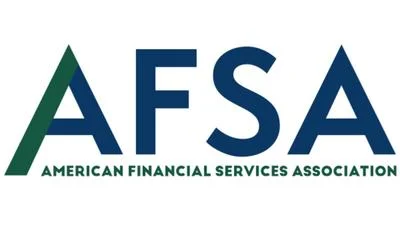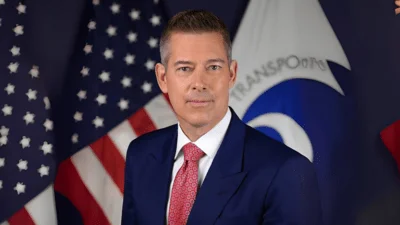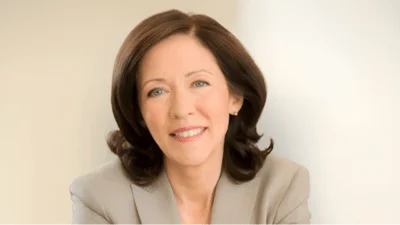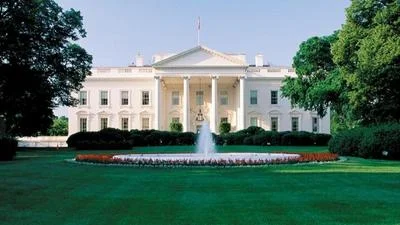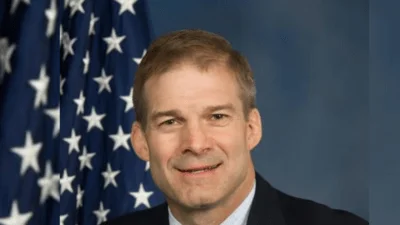This is the third session of Congress in which I have introduced legislation to ban the practice of surprise billing. Today’s bipartisan hearing represents an initial effort by this committee to finally offer some relief to patients, who have been bearing the brunt of a dispute between their insurers and some of their health care providers.
For patients, you can take all of the right steps in attempting to see that your care is in-network and covered, but you may still face one of these bills. Indeed, one in seven Americans have received a surprise bill as a part of receiving care at a hospital that is within their insurance network.
In San Antonio, Jaie Avila at WOAI initiated an entire television series, “Show Me Your Bill." Sadly, reporters have become the most effective mediators for many of these claims.
[News 4 San Antonio/WOAI CLIP ]
In Austin, Drew Calver, a public school teacher with health insurance, received out-of-network care for a heart attack, and almost had another heart attack when he received bills for more than $100,000. Only after his story was reported by Ashley Lopez at KUT-Austin for NPR did he get relief. His experience sparked a wave of news reports that helped to reduce bills across the country and last week got him an invitation to the White House to tell his story. With unanimous consent, I am entering it into the record.
But we can count on neither the media nor the states to take the surprise out of these bills for every patient. Few states have comprehensive protections, and even those that do cannot extend protections to consumers with self-insured plans. Federal action is essential because so many Americans are covered by ERISA plans, which are subject solely to federal regulation. In Texas, the estimated 40% of insured individuals, who rely upon such ERISA plans, can receive no protection from state law.
To address this gap in protections, I have introduced H.R. 861, The End Surprise Billing Act. Protecting insured patients from being trapped between an insurer and an out-of-network provider is this bill’s sole focus. Originally, that concept faced opposition. In Texas, for example, the only remedy offered was for the patient to negotiate with the health care provider-a little known system that has helped some but omitted many. Fortunately, there now appears to be consensus, most recently joined by President Trump, that holding the patient harmless should form the foundation for any surprise billing proposal.
Under my legislation, patients would only be charged in-network cost-sharing rates in emergency situations. In non-emergency situations, out-of-network charges would be permitted only when the patient has agreed in advance after receiving notice regarding any such providers and services, together with estimated charges. The patient could not be charged more than these estimated charges, even if an out-of-network provider or service is unexpectedly added during care.
No other bill addressing this issue has yet been filed in the House, but a discussion draft proposal was recently circulated by the Energy and Commerce Committee, and several proposals have surfaced in the Senate. While every proposal currently begins with the approach of The End Surprise Billing Act, conflict remains over how to resolve insurer/provider disputes. Our Health Subcommittee hearing has been organized on a bipartisan basis to hear directly from the stakeholders on both sides of this disagreement. I could accept different ways of resolving the dispute, but my primary concern remains to ensure that nothing stands in the way of federal action to remove the patient from the dispute.
The leading proposals all have their pros and cons. Insurers from whom we will hear today support a benchmark rate, something California uses. Rates offer a clean, straightforward solution that may also rein in some unreasonable health care costs. Differences across geographic areas and specialties must be recognized. There can be unequal bargaining power between stakeholders that may cause unreasonably high or low rates.
Provider groups from whom we will hear support an arbitration system, similar to what New York has implemented. But arbitration is a complex process that can require enormous resources and time. It is also difficult to find qualified arbiters, who are completely free of conflict, and even when you can identify these people, you must provide some guidance to the arbiters, bringing us back to the debate of what benchmark rate is appropriate.
While recently condemning surprise billing, President Trump has rejected both of these approaches. It is unclear what solution he supports, but at least some in the Administration appear to advocate bundling payments. This would place the responsibility on the hospital to create a single bill for all services provided in an episode of care. This system offers simplicity for patients, but I believe we will hear that it has significant opposition from providers.
I support whichever solution can secure 218 votes here in the House and gain Senate approval and the President’s signature. I look forward to today’s discussion to gain greater insight on a solution and to identify any points of agreement so that patients no longer bear the brunt of your dispute.

